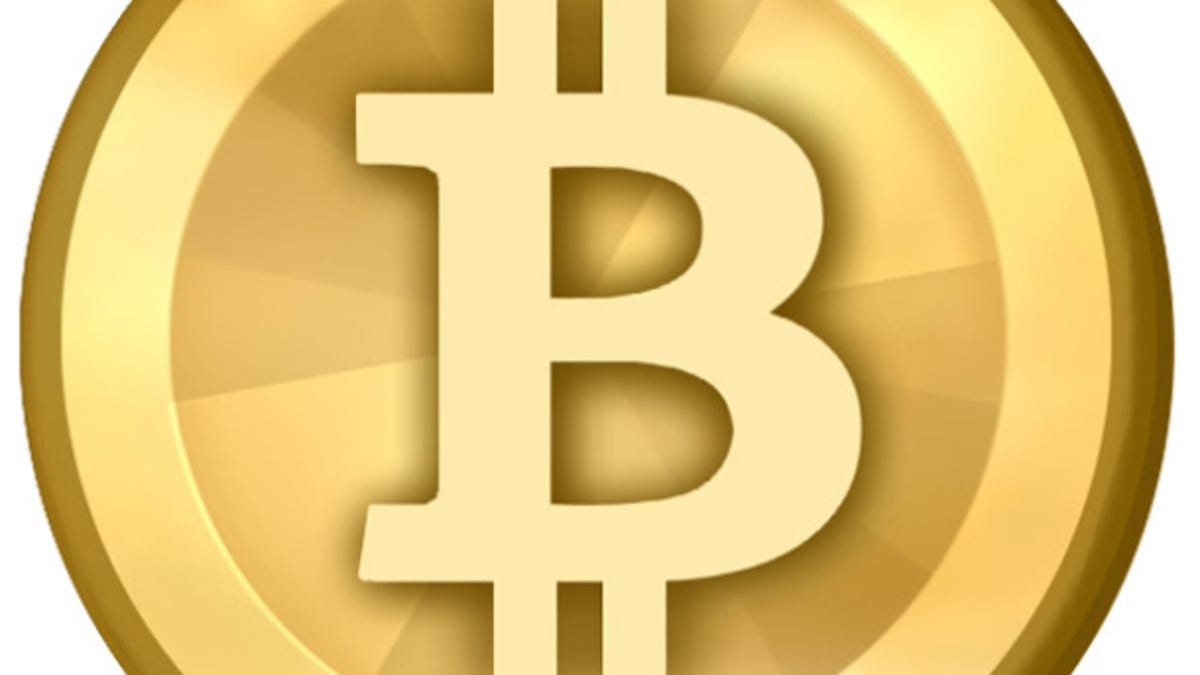Feds don't plan to take down Bitcoin or other currencies
After a massive raid on Liberty Reserve, the head of the U.S. Department of Treasury's law enforcement branch says the government doesn't intend to go after all digital currencies.

Even though the feds went after Liberty Reserve for alleged money laundering, they apparently don't have plans to crack down on all digital currencies -- as long as all rules are followed.
In an interview on Thursday with American Banker, Jennifer Shasky Calvery, the director of FinCEN, which is the U.S. Department of Treasury's law enforcement branch, said she sees virtual currency providers as financial institutions and looks at each one's actions separately.
"FinCEN has been out front in issuing our guidance to make it clear that we see virtual currency as a type of money services business. It's as much a part of the financial framework as any other type of financial institution, and it has the same obligations as those financial institutions, the same obligations as any money services business out there," she told American Banker. "For those that choose to act outside of those obligations and outside of the law, they are going to have to account for that."
Of all the virtual currencies, Bitcoin is probably the most well known. While it's been around since 2009, it didn't really get going until 2011 when it was worth $2 per coin. By 2013, the currency had climbed to $20 per coin, and then jumped to $266 in April. Now it's hovering around $130.
Digital currencies aren't regulated, which is what worries the feds. The virtual money can be manipulated or used to launder other types of money. Also, an all-digital currency allows people in places like Cyprus or Argentina to evade currency controls with ease. It also, in at least some ways, is far more anonymous than moving cash through the legacy banking system.
In March, FinCEN slapped Bitcoin exchanges with a hefty set of regulations borrowed from the banking world. And then, a Homeland Security police unit that investigates money laundering crimes obtained a court order a couple of weeks ago that cut off Dwolla payments to Mt. Gox, a Japan-based company that operates the largest Bitcoin exchange. The Feds allege that Mt. Gox lied about being a money transmitting business, a felony if true.
As for Liberty Reserve, the online currency company was shut down Tuesday after charges that it laundered more than $6 billion over the past several years and had become a "bank of choice for the criminal underworld." Five men allegedly associated with the company were arrested and bank accounts and domain names associated with Liberty Reserve were also seized.
An indictment filed by U.S. prosecutors accused Liberty Reserve of making 55 million laundering transactions for at least a million people, and it also painted the digital currency as a marketplace that enabled criminals to commit a host of illegal activities, including identify theft, credit card fraud, investment fraud, narcotics trafficking, and child pornography.
After Tuesday's raid on Liberty Reserve, many Bitcoiners feared that the feds would come down even harder on Bitcoin.
While Calvery explicitly said that the intention of FinCEN is not to go after all virtual currencies, she did make it clear that the Treasury is closely examining the digital currency market and all of its players.
"I do think we have obligation to take down the biggest U.S. money laundering [outfit] in U.S. history, that $6 billion money laundering operation," Calvery said. "If that ends up creating a broad-brush reaction that's inappropriate, that is something that would be, first of all, unanticipated. Secondly, that's something that would be addressed in the national conversation on the developing financial services industry in the weeks, months, and years to come."

